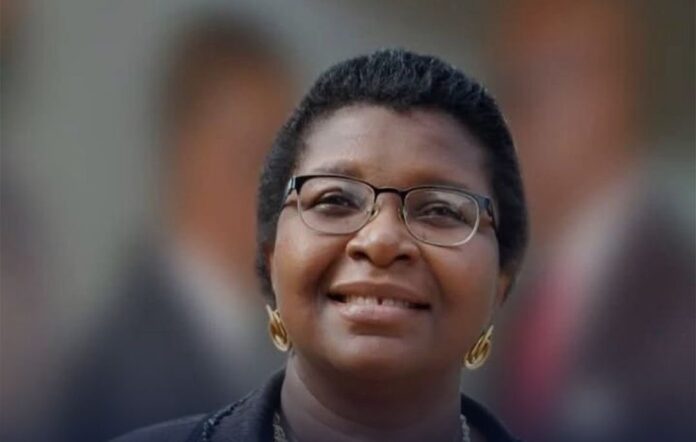In a move to restore discipline and decency in the workplace, the Delta State Government has announced a review of the dress code for public servants. The directive, first set out in 2009, has been updated to curb what authorities described as “improper dressing” among workers in the state public service.
The new guidelines, released in a circular from the Office of the Head of Service, make it clear that senior officers must set the right example for their subordinates. The government stressed that dressing neatly and modestly is not only about appearance but also about respect for the office and the public. Any staff member found violating the rules could face sanctions under Public Service Rule No. 04314, which forbids dressing in an “inappropriate or immodest” manner while on duty.
What Male Officers Should Wear
- Senior officers (Grade Level 13 and above): Complete suits are compulsory, except for uniformed officers.
- Mid-level officers (Grade Level 07–12): Suits, or shirts and ties with trousers. Administrative Officers must always wear suits.
- Junior staff (Grade Level 01–06): Shirts and trousers are allowed. Drivers and operators must wear uniforms, or trousers and shirts if no uniform is provided.
- Fridays and special occasions: Smart traditional outfits such as senator suits, modern caftans, or native shirts with trousers are allowed, but they must be paired with the right traditional caps.
- Not allowed: Resource Control and Papas caps, as well as bushy beards.
What Female Officers Should Wear
- Senior officers (Grade Level 13 and above): Trouser suits, skirt suits, or corporate gowns that extend below the knee. Trousers must always come as part of a suit. Hats are not allowed.
- Mid-level officers (Grade Level 07–12): Corporate gowns with sleeves or skirts below the knee with blouses that have sleeves. Sleeveless tops, spaghetti straps, or short gowns are prohibited.
- Junior staff (Grade Level 01–06): Simple gowns with sleeves, or blouses with skirts below the knee.
- Fridays and special occasions: African attire such as buba and wrapper, African skirts and blouses, or gowns made from native fabrics are permitted, as long as they have proper sleeves.
- Not allowed: Clothes exposing cleavage, provocative outfits, braided or tinted hair, artificial eyelashes, and long nails.
Why It Matters
According to the circular, the revised dress code is designed to “promote discipline and uphold decency” in the state workforce. Heads of Departments have been instructed to strictly enforce the rules. Any staff member who comes to work inappropriately dressed will be sent home to change or face tougher disciplinary measures.
The government also urged Permanent Secretaries and Heads of Extra-Ministerial Departments to widely publicize the new rules so that every worker is aware and can comply.



